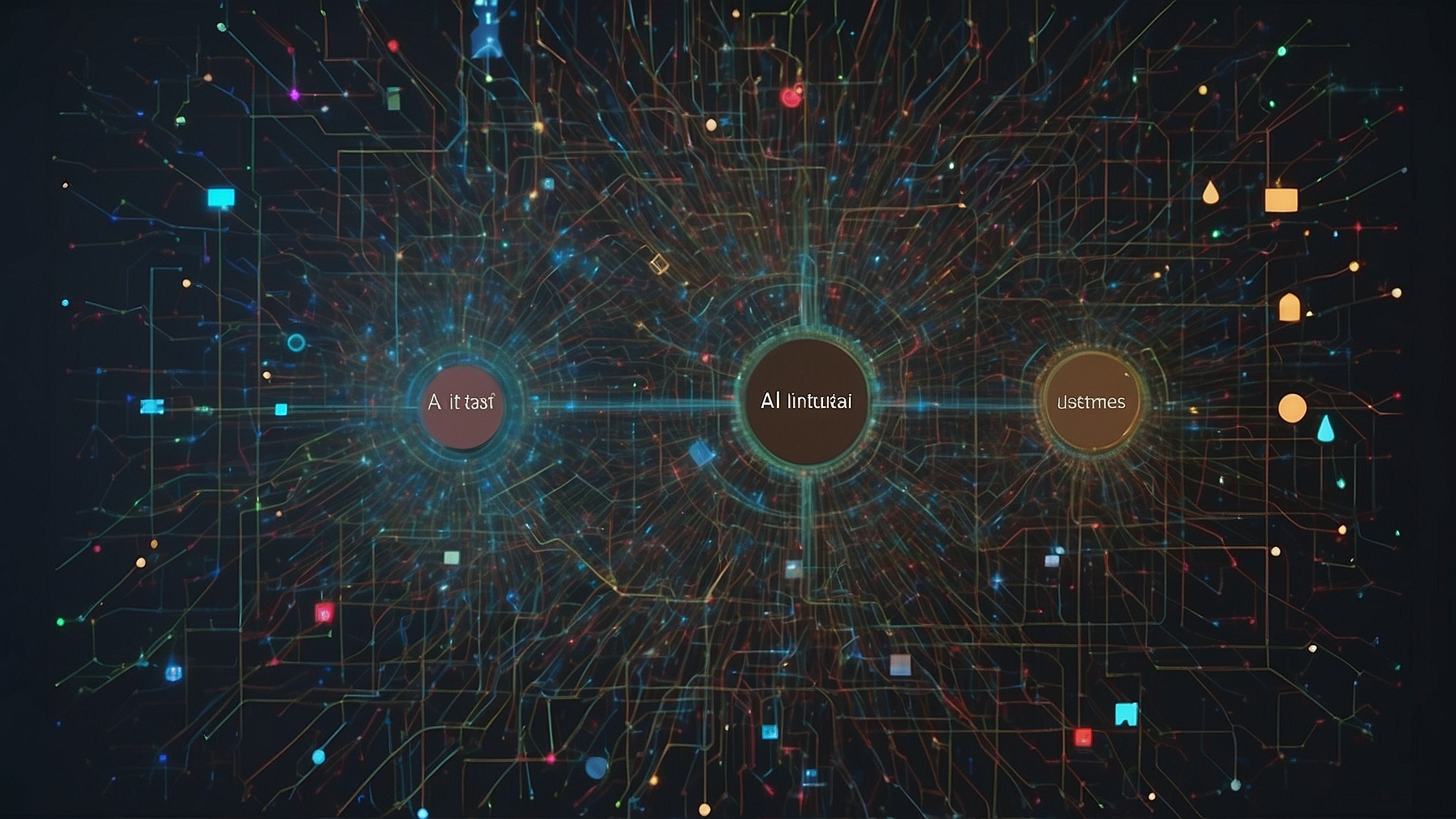AI Frameworks: The Secret Sauce to Making Computers Pretend They Understand Us
In a world where machines are shockingly capable of playing chess, recommending what socks you should buy next, and occasionally writing passable poetry, AI frameworks have emerged as the unsung heroes—nay, the powerful deities, if you will—of the almighty tech universe. These mystical tools are the glue that holds together the fabric of our very digital existence, making it possible for AI to straddle the fine line between extraordinary and utterly bewildering.
Sources close to absolutely nobody relevant revealed that these frameworks—those enigmatic, complex-yet-oddly-perfect pieces of code—are diligently working in the background, relentlessly simplifying the life of every overpaid tech employee. “Without AI frameworks, we’d be back to carving code into stone tablets,” stated Jane Frapples, Chief Officer of Stuff Nobody Understands at Tech Solutions Unlimited. “With them, I can finally go to lunch without having to explain what I actually do for a living.”
As Artificial Intelligence cotillion continues to woo humanity with promises of limitless potential, many tech enthusiasts argue that AI frameworks are akin to a poorly lit IKEA manual—a necessary evil that, if used correctly, allows one to assemble a vaguely related end product. Whether you’re deploying machine learning models with the enthusiasm of an untrained circus performer or scaling your AI projects at the pace of a tortoise with commitment issues, AI frameworks are like the trusty sidekick—always on the brink of doing something heroic, yet somehow never stealing the spotlight.
It’s been reported that on a good day, these frameworks can untangle the knottiest of data, sashaying through petabytes of information with the elegance of a caffeinated squirrel. “Thank god for these frameworks,” said random software developer and part-time amateur philosopher Tom Miniscule. “If it wasn’t for them, my degree in advanced applications of Pokémon strategy would be virtually useless.”
Yet, the conversation continues: are these AI frameworks simplifying life, or are they quietly preparing for their own autonomous uprising? In a world forged on the unforeseen consequences of tech evolution, humanity can rest easy knowing that at least for now, these frameworks come with the built-in error handling that recognizes ‘human folly’ as a core function. But beware—once they learn to write their own code, even their creators might be left groveling for basic interpretability in this brave new world.
As AI frameworks continue to be the enigmatic wizards behind the curtain, one can only hope they will continue to serve humanity well—or at least remember to keep the lights on when the time comes for our inevitable coding conquest.





